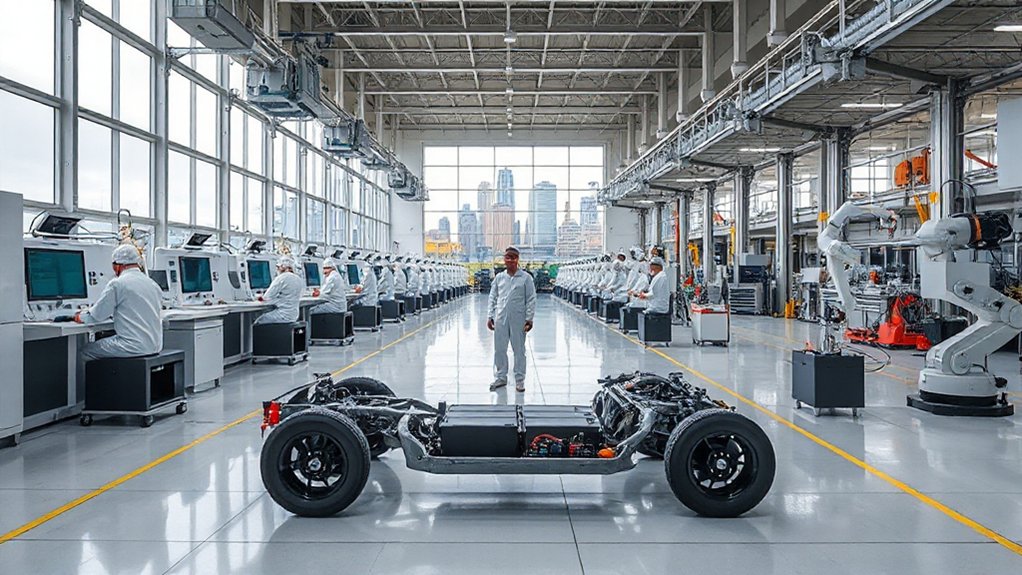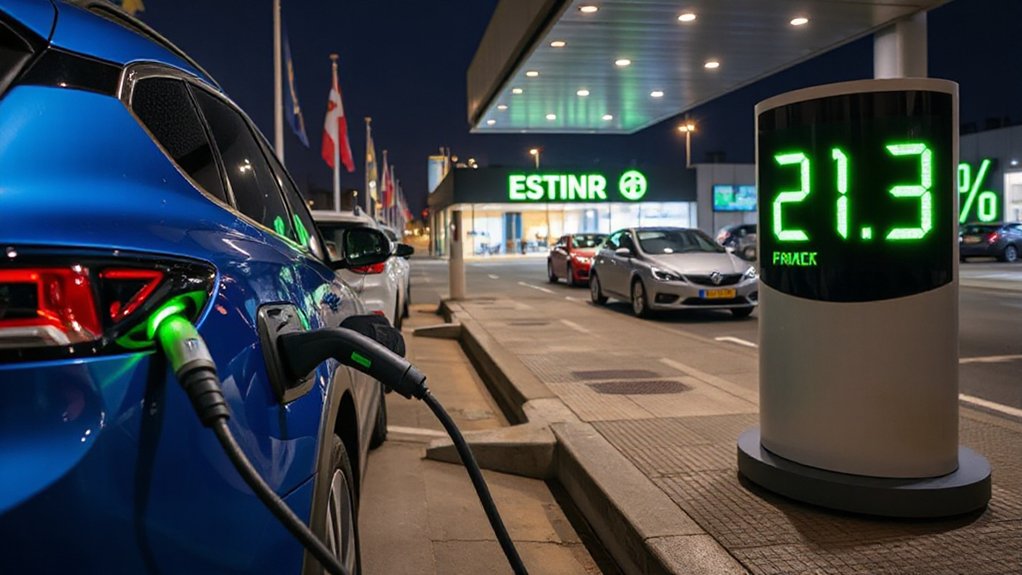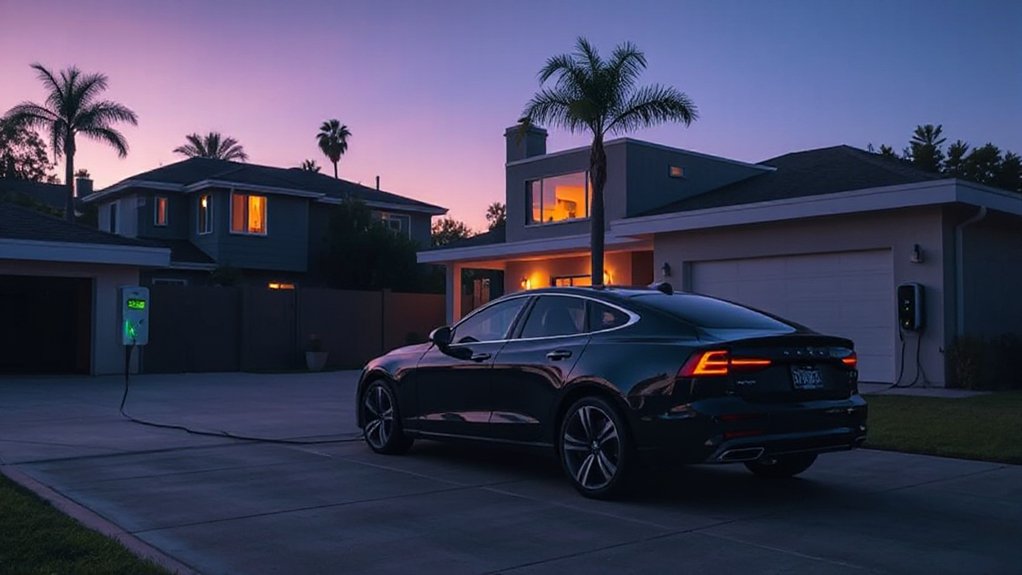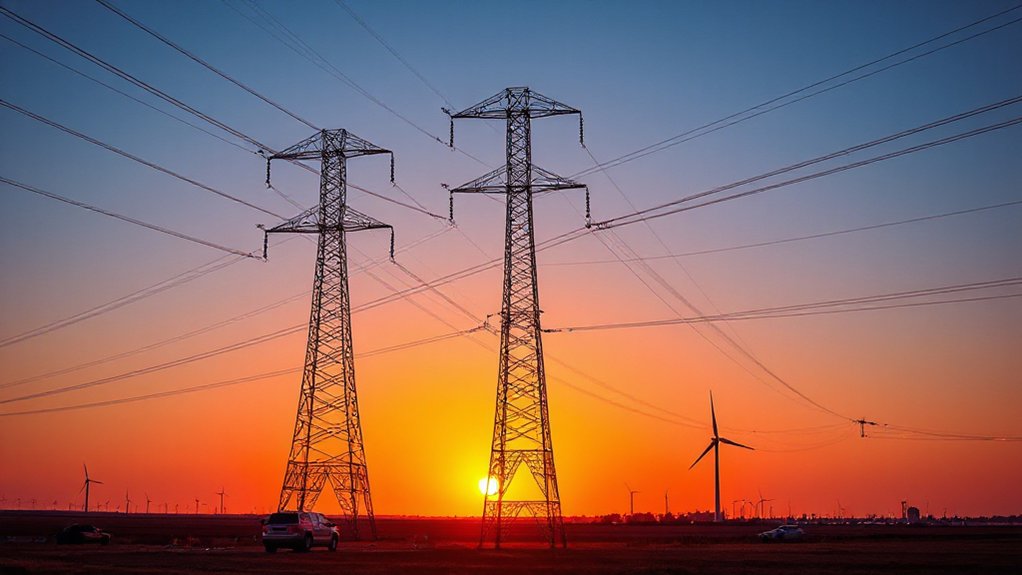While traditional automakers scramble to catch up with Tesla, Volkswagen has taken a different approach by reviving its iconic past. The ID.Buzz reimagines the beloved microbus as a modern electric van, packed with technology but draped in nostalgia. Americans have been drooling over this retro-futuristic vehicle since concept images first appeared, but they’ll need to wait until 2025 to get their hands on it. Regulatory hurdles and production challenges. The usual story.
The wait might be worth it. This isn’t your hippie grandparents’ VW bus. The ID.Buzz packs serious electrical punch with 335 horsepower from dual electric motors in all-wheel drive configuration. Zero to sixty in under 5 seconds? In a bus? That’s right. The 86.0 kWh battery delivers an EPA-estimated range of up to 234 miles, depending on configuration. Not Tesla territory, but enough for most daily needs. The cabin’s light-filled interior creates an airy, spacious feel that distinguishes it from competitors.
While classic in appearance, the ID.Buzz delivers modern performance that would shock any aging hippie—334 horsepower and sports car acceleration in microbus form.
Pricing starts around $59,995. Not cheap. Higher trims will cross the $70,000 mark. But you’re getting something unique: a seven-passenger electric van with 145.5 cubic feet of cargo space when you need it. The signature two-tone paint job and upright stance scream “classic microbus,” but the DC fast charging capability (up to 200 kW) is thoroughly modern. Georgia’s impressive EV infrastructure growth means potential buyers will find over 6,000 charging ports across the state when the ID.Buzz arrives.
The interior is where the transformation really happens. Wireless charging, Apple CarPlay, adaptive cruise control. The works. Plus flexible seating configurations that can accommodate your entire hipster dodgeball team or a weekend’s worth of camping gear. Your choice. The innovative Buzz Box offers creative storage solutions with multi-functional dividers that even include a bottle opener and ice scraper.
Volkswagen isn’t just selling a vehicle—they’re selling an electric vision. The company aims for 70% of U.S. sales to be electric by 2030. Ambitious? Definitely. The ID.Buzz represents more than just a quirky van; it’s a statement piece in Volkswagen’s broader electrification strategy.
Until then, American fans will have to watch Europeans enjoying their ID.Buzz vans while waiting for regulatory approval. Zero emissions, zero microbus for now. The EV transformation rolls on, just a bit more slowly for some models.
References
- https://www.caranddriver.com/reviews/a62638170/2025-volkswagen-id-buzz-test/
- https://www.tomwoodvolkswagen.com/vw-id-buzz-specs.htm
- https://www.autonationvolkswagencarlsbad.com/showroom/2025/Volkswagen/ID. Buzz/Van.htm
- https://www.hendrickvwfrisco.com/2025-volkswagen-id-buzz/
- https://www.boastvw.com/volkswagen-id-buzz-configurations-info.htm









